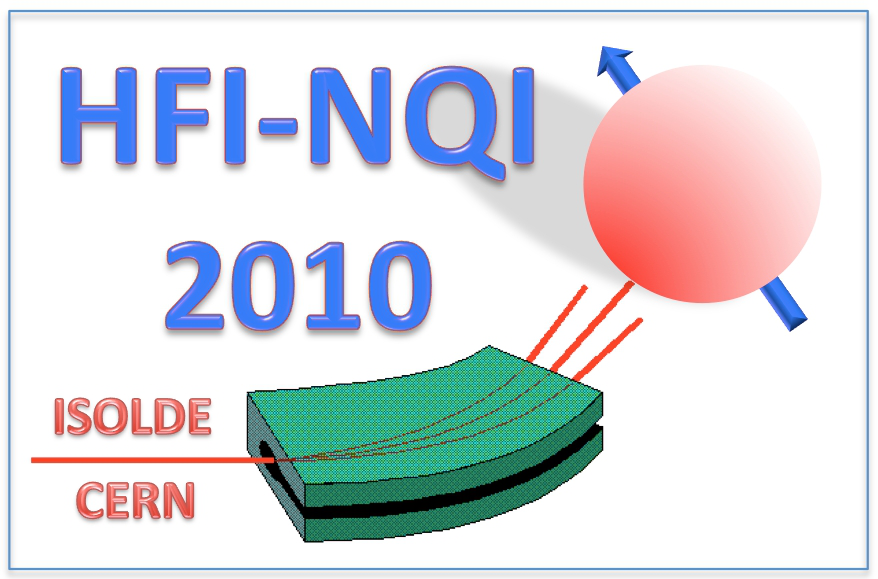Speaker
Andréia Silva
(IPEN)
Description
The perturbed angular correlations (PAC) spectroscopy has been used to study the DNA, using 111In(111Cd) probe nucleus. The biological molecules studied were DNA of different mice lineages (A/J, C57BL/6, B6AF1, BXA1 and BXA2) infected by the strain of T. cruzi. This parasite may cause the Chagas disease when transmitted to humans. One of the advantages of applying PAC technique to biological molecules is that the experiments can be carried out on molecules in aqueous solution, approaching the function of molecules under conditions that are close to in vivo conditions. The samples were measured at the room temperature and at 77 K in each case. The samples measured at room temperature showed dynamic interaction with fast relaxation of the quadrupolar interaction A/J ( = 7.6372 MHz); C57BL/6 ( = 8.7097 MHz); B6AF1 ( = 8.8570 MHz); BXA1 ( = 18.0240 MHz) and BXA2 ( = 15.9304 MHz), resulting in an exponential decay of the PAC spectra. The samples measured at the liquid nitrogen temperature on the other hand showed quite slow relaxation ( ~ 0) of the quadrupolar interaction or only static interactions as expected at low temperatures: A/J (Q = 141.975 MHz); C57BL/6 (Q = 147.694 MHz); B6AF1 (Q = 147.681 MHz); BXA1 (Q = 217.346 MHz) and BXA2 (Q = 221.828 MHz). The results showed, qualitatively, the existence of dynamic interactions between biomolecules and the probe nuclei. A systematic variation of the rotational diffusion parameter was observed that depends on the type of molecule and the sample temperature, showing that probe nuclei were in fact bound to the biomolecules.
| Are you a student, a delegate from developing countries or a participant with physical needs and would like to apply for a sponsored accomodation. Please answer with yes or no. | Yes |
|---|---|
| Please specify whether you would prefer an oral or poster contribution. | I would like an poster contribution |
Primary author
Andréia Silva
(IPEN)




